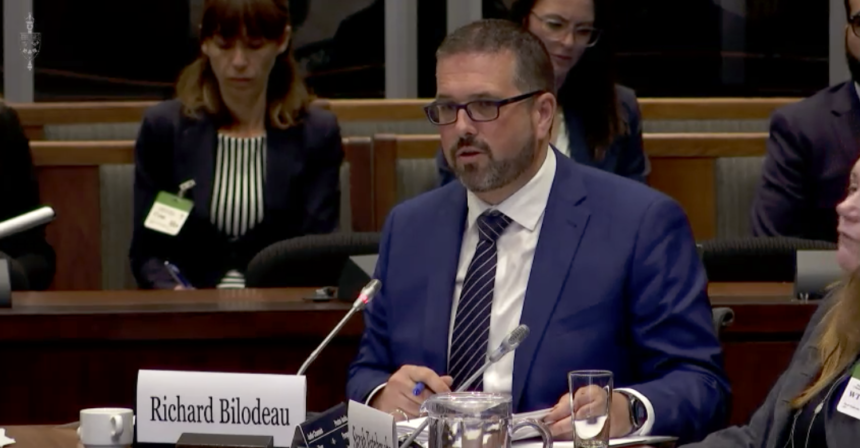The federal government officials have stated that once the legislation for a foreign influence registry is passed, it will take an additional year before it becomes operational. The Department of Public Safety officials testified before the House of Commons public safety committee on May 30 to discuss Bill C-70, which aims to establish a foreign influence registry among other measures.
Despite their opposition to much of the Liberals’ legislative agenda, the Conservatives are supporting Bill C-70 and are committed to expediting its adoption. However, Tory MPs have expressed concerns that the foreign influence registry may not be in place by the next federal election scheduled for October 2025.
MP Michael Cooper criticized the government for delaying action on the matter, noting that the bill was introduced shortly after the Foreign Interference Commission’s interim report on May 3.
The report indicated that while foreign interference did not affect the overall election results in 2019 and 2021, it may have had an impact on individual ridings. Commissioner Marie-Josée Hogue concluded that foreign interference did impact the election ecosystem during those years.
Richard Bilodeau, a director general at Public Safety Canada, informed the committee that it would take a year after the enactment of the registry to make it functional. This timeline accounts for the writing of regulations, development of an IT solution for the registry, and the establishment of investigative capabilities.
Conservatives attempted to expedite the adoption process by proposing a motion in the House on May 29, but the NDP opposed it. Public Safety Associate Assistant Deputy Minister Sébastien Aubertin-Giguère mentioned that the department could explore ways to accelerate the timeline for setting up the registry.
Tory MP Doug Shipley expressed astonishment at the lengthy process required for the registry, highlighting the efficiency of the private sector in comparison. He pointed out that within a year, a company could be incorporated, a facility found, inventory brought in, employees hired, customers acquired, products shipped, and profits made.
Mr. Cooper raised concerns about potential delays in implementing the foreign registry due to the requirement of a cabinet order-in-council for its establishment. Mr. Bilodeau confirmed that there are no legislative barriers preventing the government from issuing the order in council.







